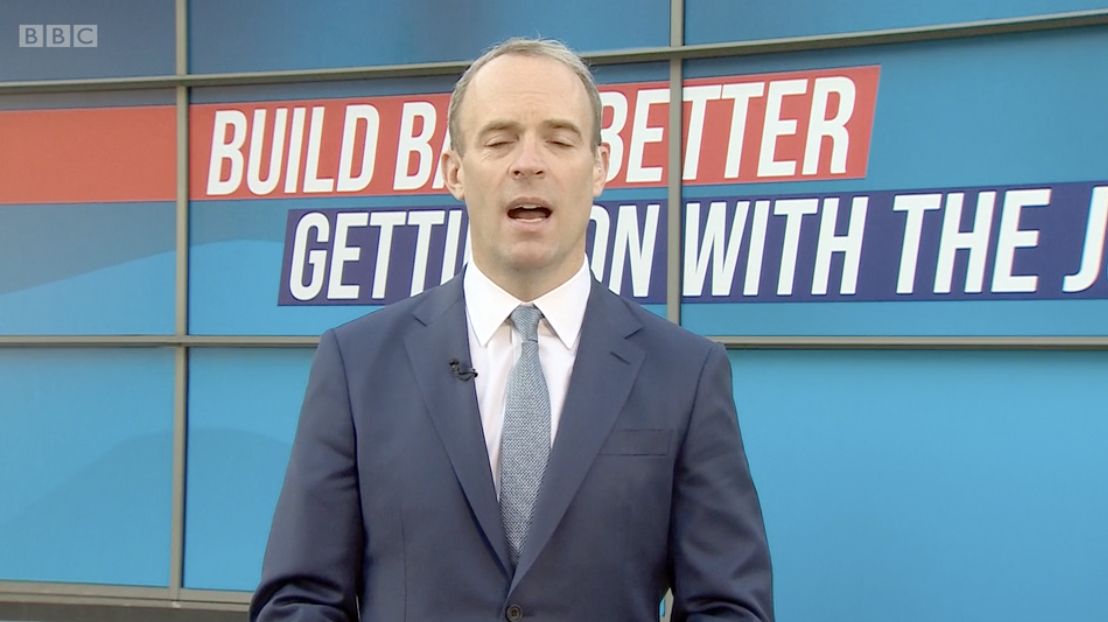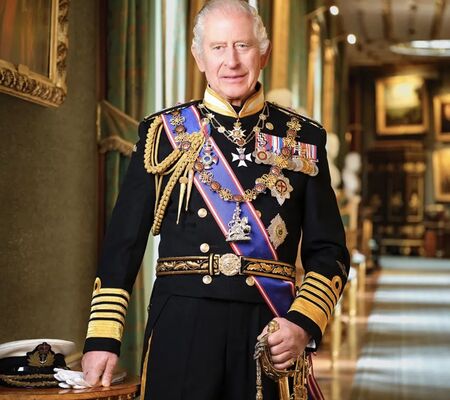I REMEMBER sitting in the Europa on the evening international lawyer Paul Seils spoke at the Pat Finucane lecture and he said: “Law is mankind’s greatest invention.”
It hit me in a way that few other statements have. Law is the way we, and society, and even nations, agree to conduct business so we do not resort to violence, and protect those in need when they are most vulnerable. And that in theory benefits every single person on the planet.
Of course, in practice life is very different. Look at the war in Yemen, where international law dares not raise its head, and babies die from entirely avoidable famine. Look at the 12-year-old girls in Afghanistan, who are now unable to pursue the most basic forms of formal education – the International Convention on the Elimination of Discrimination Against Women must seem like a sick joke.
But the ideal is where we must reside. We must believe law can and must protect, as the alternative is that only violence, war or favour can promote the safety and integrity of the person. And none of us is safe if that is true.
What this means for us, without a local Bill of Rights and living under London’s rule, is that the fragile Good Friday Agreement is fundamentally threatened.
The independent application of the rule of law is at the centre of its integrity. If that is abused, as we saw during our conflict, then there is an inevitability of resistance. Those who signed the Good Friday Agreement understood that. We were lucky that our time for peace came at a time when the value of international human rights law was at a high. Post-Cold War and pre-Iraq War, international law’s value was accepted and interwoven into our peace agreement to give it depth and strength. In particular the European Convention of Human Rights, with its domestic application through the Human Rights Act, was the foundation stone upon which everything else was built.
The failure to implement the central plank of the agreement in progressing a Bill of Rights has been presented as a failure of agreement between two warring factions. It is in fact the rejection of law and the Good Friday Agreement by the DUP, because it did not suit them. They did not want to see the development of local protections for the rights enshrined by international law because they oppose equality. This ongoing failure was a critical failure.
The war in Yemen has reached a heartbreaking milestone with 10,000 children now killed or maimed.
— United Nations (@UN) October 20, 2021
4 out of 5 children are in need of humanitarian assistance warns @UNICEF, calling for urgent funding to support those in need. https://t.co/cn1EpXtd7o
Today, as part of the outworking of Brexit England, the Tories are waging war on all forms of international law and at the same time risking peace in Ireland – again. In the most sinister of moves, Britain’s Justice Secretary Dominic Raab has this week committed himself to overhauling the Human Rights Act and passing laws to overturn European Court findings “when ministers disagree”.
What this means for us, without a local Bill of Rights and living under London’s rule, is that the fragile Good Friday Agreement is fundamentally threatened. The legal basis of the GFA is there to protect minorities from political or self-serving whims. If the law can be subverted to suit Brexit ministers’ interests, then the law is no longer blind, it is critically injured.
In London they do not care about the Irish implications of this perversion dressed up as England “taking back control”, but here we must insist on all of the guarantors on both side of the Atlantic standing up to this outrage.








